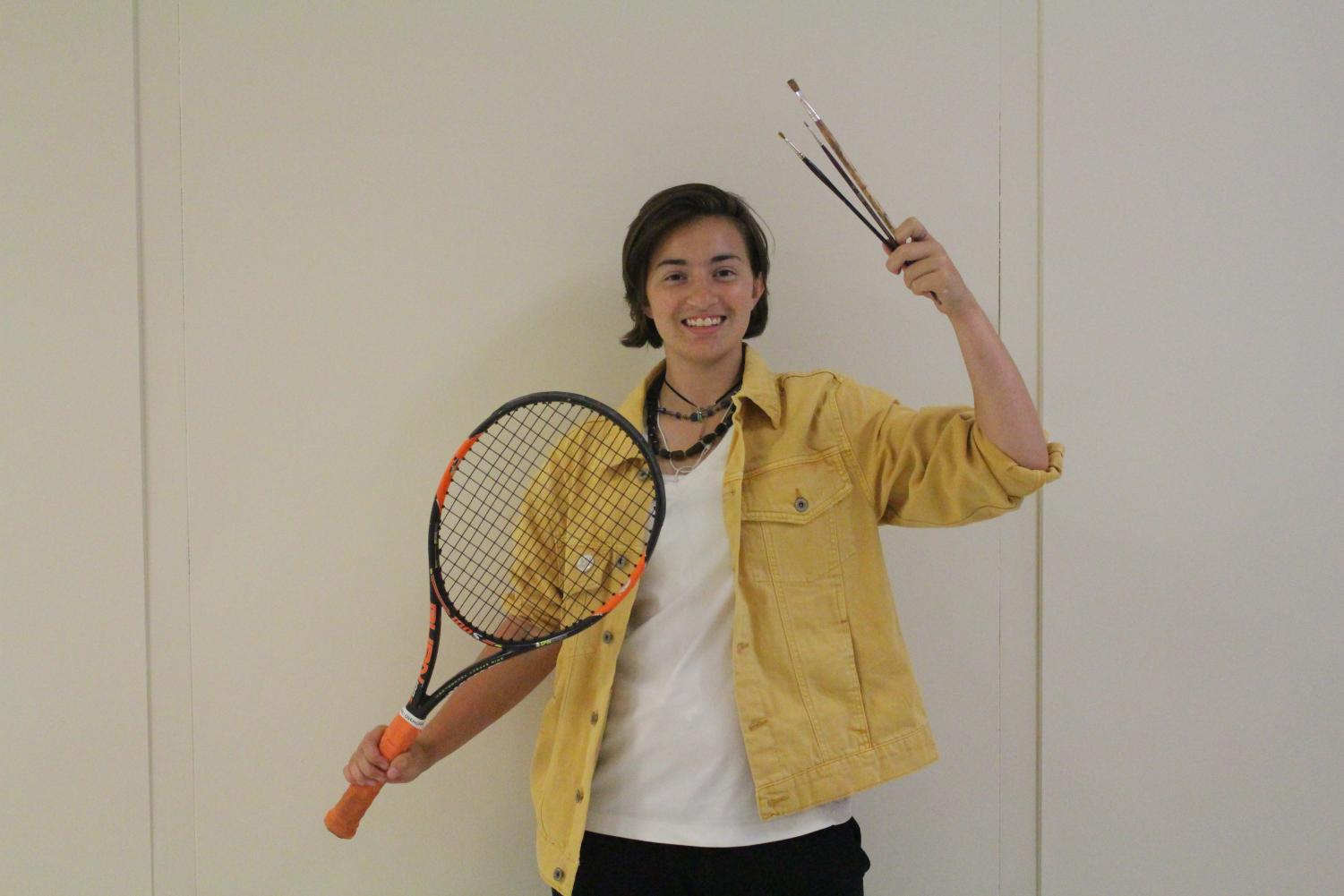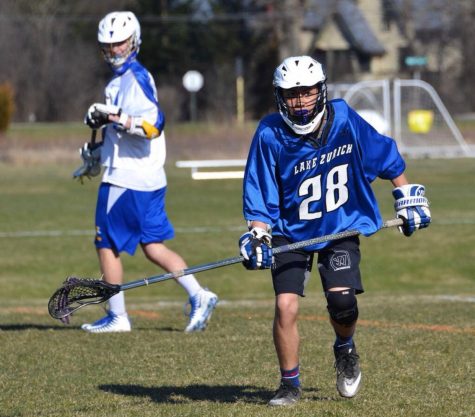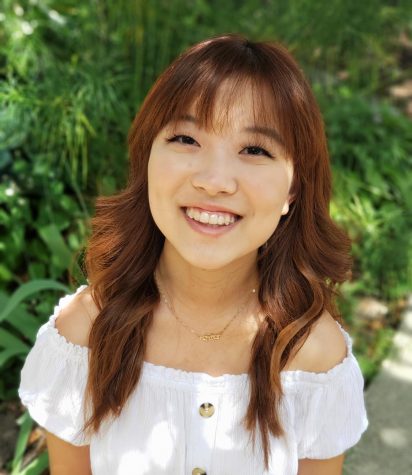Can’t stop won’t stop
Students who quit sports still pursue passions
For athletes who are devoted to their sport, an injury or a busy schedule prevents them from spending time on the activity they love. These athletes cannot do much but stare on as their teammates sprint, throw, and kick. But quitting has its benefits, and some athletes have discovered their passions and are able to focus more on their education.
Most students are extremely passionate about their sports and were upset by the news of having to quit. For Kelsie Schaeffer, sophomore and ex-tennis player, she has rediscovered an “artsy side of her” and fell in love with drawing again. With more time on her hands, she is now able to study and learn more about drawing, improving her skills along the way.
“It got me back into being very artsy. I’ve been painting for 10 years and I was able to focus on art and writing stories. So I got busy with other things that I pushed aside

Students who are passionate about sports are disappointed when they had to quit from certain circumstances. Kelsie Schaeffer, sophomore, had to quit tennis due to her bad leg.
,” Schaeffer said. “ I was able to focus on some of my other hobbies and actually study human anatomy for drawing and I was able to put more time in school.”
Drawing first started as a hobby for Schaeffer until she quit tennis. With more time on her hands, she was able to learn new techniques she did not know 10 years ago.
“After I couldn’t do tennis, I started to focus on drawing people. I painted animals and landscapes and stuff like that. I wanted to study the human structure and anatomy to be able to work on drawing people and painting.” Schaeffer said.
Schaeffer has been playing tennis since she was in fifth grade. She recently moved to the Hawthorn Country Club and discovered an “amazing” tennis program and practiced over 250 hours there. However, her physical pain continued to get in the way.
“I’ve pretty much had physical pain my entire life. My parents always thought it was growing pains because one year I actually grew 16 inches. But eventually, as time went on, I suddenly started having more and more pain,” Schaeffer said.
Straightening priorities also cause student-athletes to quit their sport. Nikko Gajowniczek, sophomore, had to quit cross country during his freshman year due to his family buying a new house and his after school activities. While he does have more time for school, he also misses the special bond he had with the team.
“I made new friends in cross country. I got to know a lot more people and you get to learn a lot of stuff about each other because you spend so much time together during warmups. It’s almost a second family.” Gajowniczek said.
Gajowniczek had more time to participate in clubs. Cross country took up a lot of time from Gajowniczek’s schedule, preventing him from having more time for homework and from participating in activities he was interested in.
“[I’m in] Science Team, Scholastic Bowl, Tech Crew, and Bear Strings,” Gajowniczek said. “When I quit cross country, I had a lot more time to do after school activities. Being in a lot more clubs [meant] I was able to focus more on them. Cross country wasn’t my focus anymore.”
Running is still important to Gajowniczek and he still enjoys it. But with limited time for homework after a cross country practice or meet, he had a difficult time managing his time. His priorities were centered around school and he gave up cross country for studying and to find different interests that did not take up as much time as cross country did.
“I still run and exercise. I still find it important to be fit and active but I couldn’t fit in everything I was doing and run which I could do after school [in] my free time instead of having to run [for] school,” Gajowniczek said. “I really wanted to do as many after school things as I could, including Scholastic Bowl and cross country, but I just I couldn’t.”
Ex-lacrosse player and his love for art and building

Xander Villacorta, junior, had to take a break from lacrosse after he injured his leg. However, he has been able to pursue his passions for art and stage crew.
Xander Villacorta, junior, was forced to take a break from lacrosse after tearing his labrum. While taking his break, he was able to rediscover his old passions of drawing and building for stage crew.
“Now, I think that art and stage crew are more important than lacrosse. Lacrosse took up most of my time right after school, about four or five weekends. During my time off, I looked into it. And then I remembered like, ‘Hey, I liked doing this before I lost all my time’.” Villacorta said.
But with the time that passes from taking a break from the sport, the skills are lost as well. Villacorta is on the fence of continuing lacrosse. Lacrosse was meaningful to him as a child. But as he grew older, he had doubts about continuing the sport.
“I’m not sure if I want to stick with [lacrosse] or focus on schoolwork this year. It was important early on. But for now, it’s starting to fizzle out as there are many other things that came into my life. Some positives for me was that I got to figure out what I wanted to do with my life. It gave me some time to think about it,” Villacorta said. “[But] if I was to ever go back, I’d be very rusty. I’ll lose some of the physical feel for the sport. I also have to work hard to get back to where I was before I got injured.”
Villacorta now prioritizes his drawing and building time over lacrosse. Once he was able to settle into his old interests, he realized lacrosse wasn’t as important to him as it was in the past. He would more likely spend more time on his interests than his sport.
“My family has a big emphasis on sports. And I never really found the sport I liked until I found lacrosse. But then my interest started to dwindle. It started to kind of fade out and as I started to grow older and get more into recreational stuff like art and stage tech.” Villacorta said.

As a senior, Annette is in her fourth and final year of journalism. It is also her first year as a Business Manager. Annette is a very excited FAME leader...
